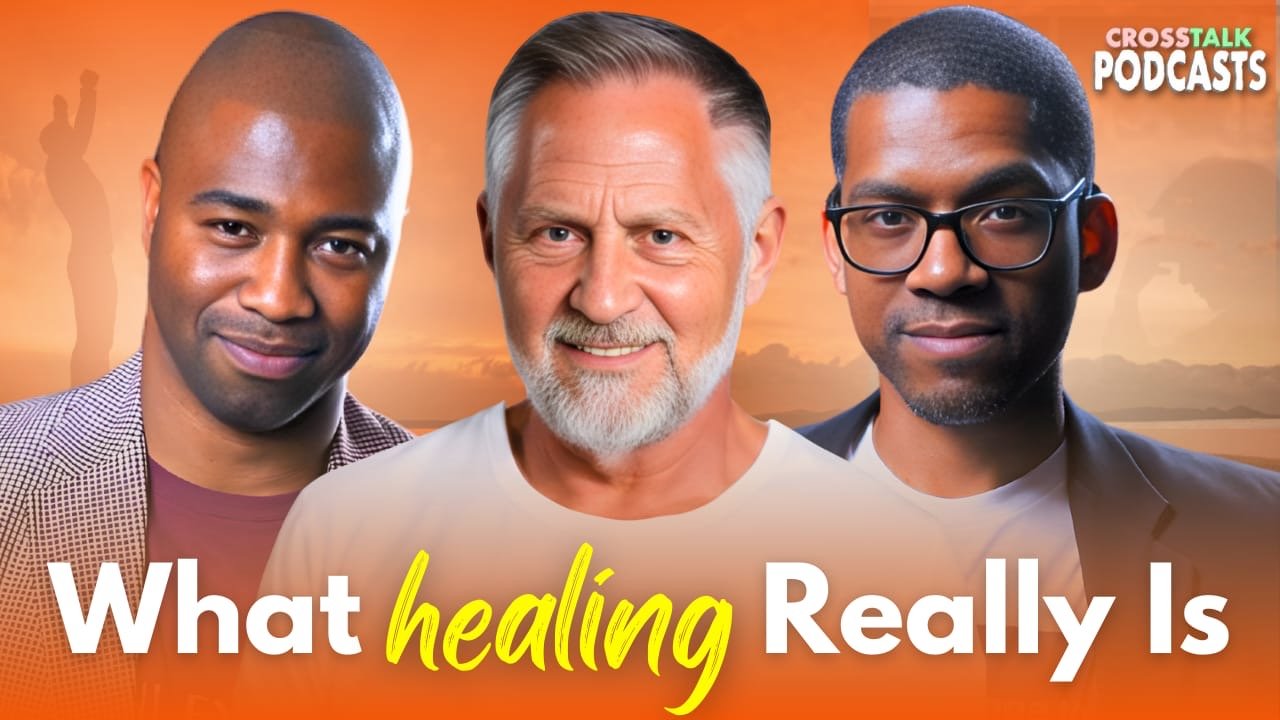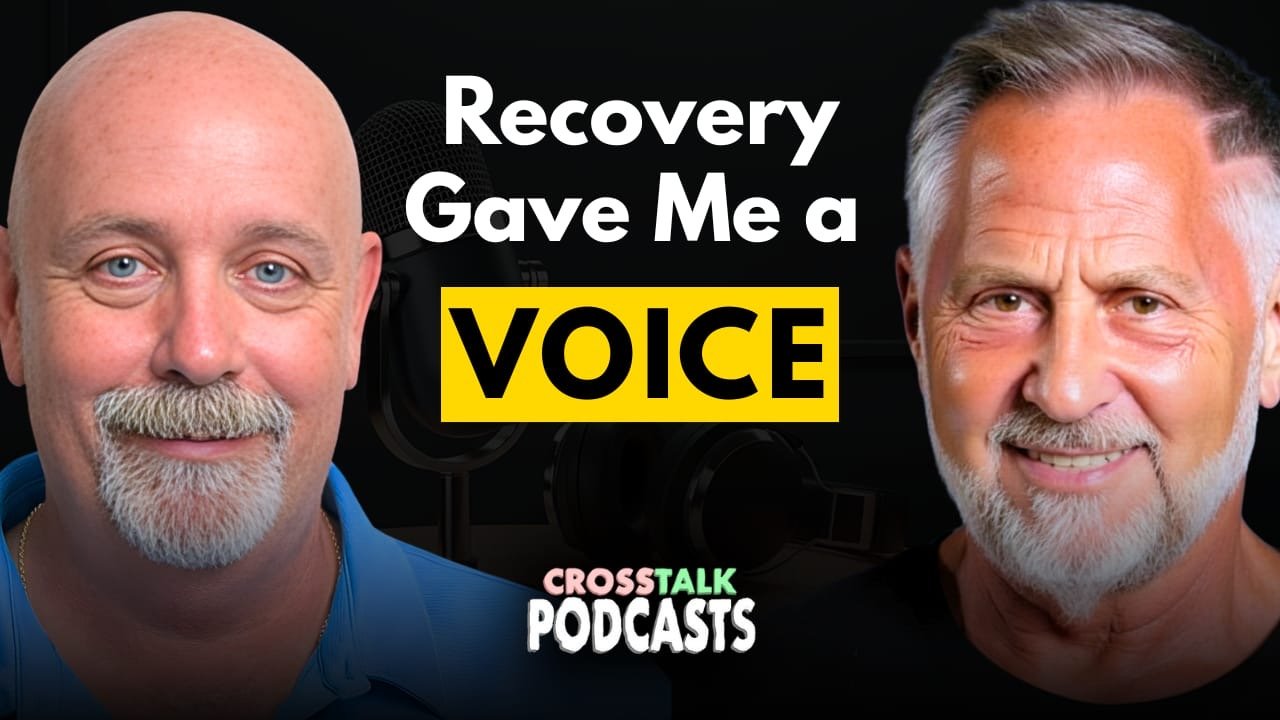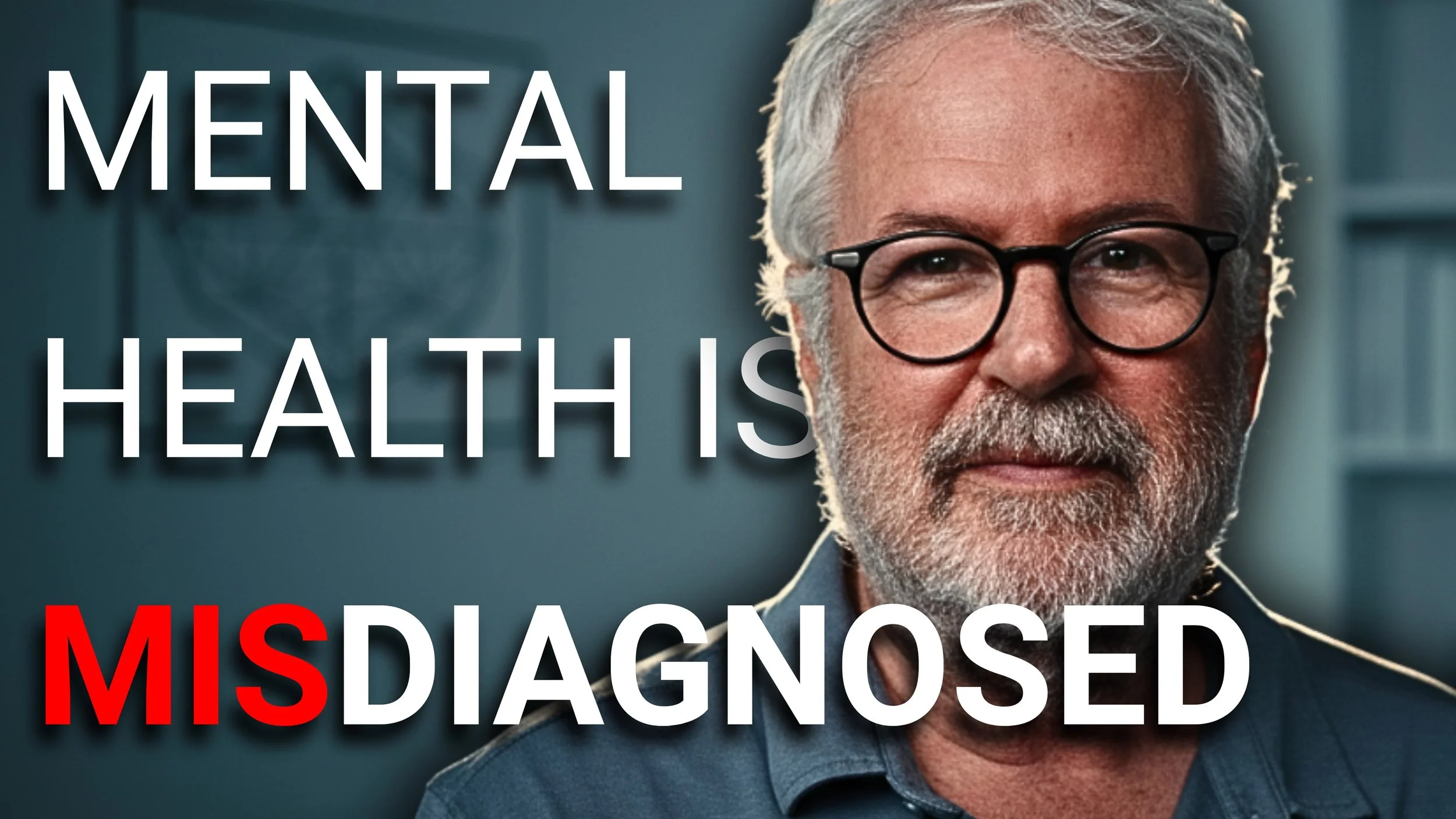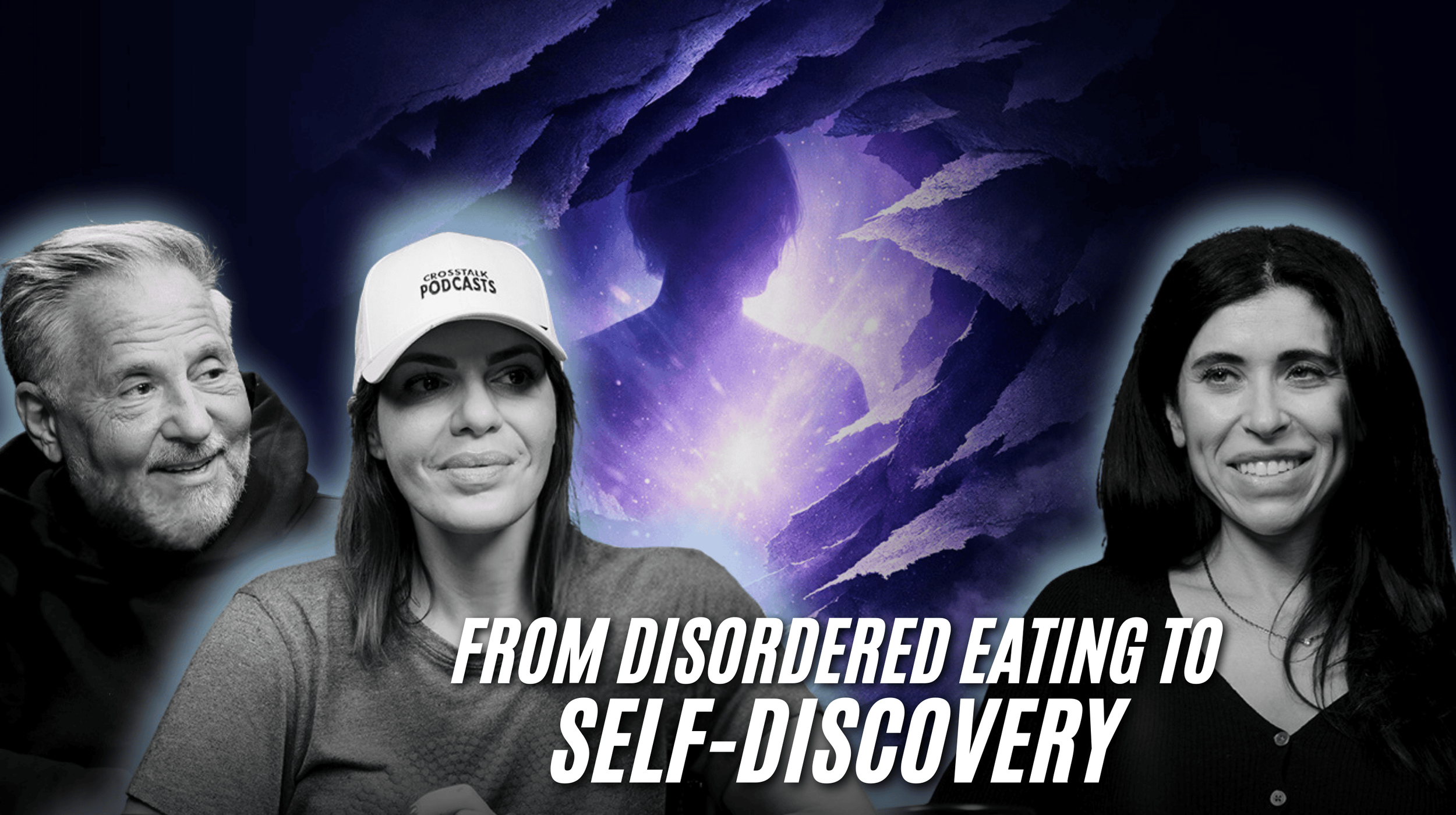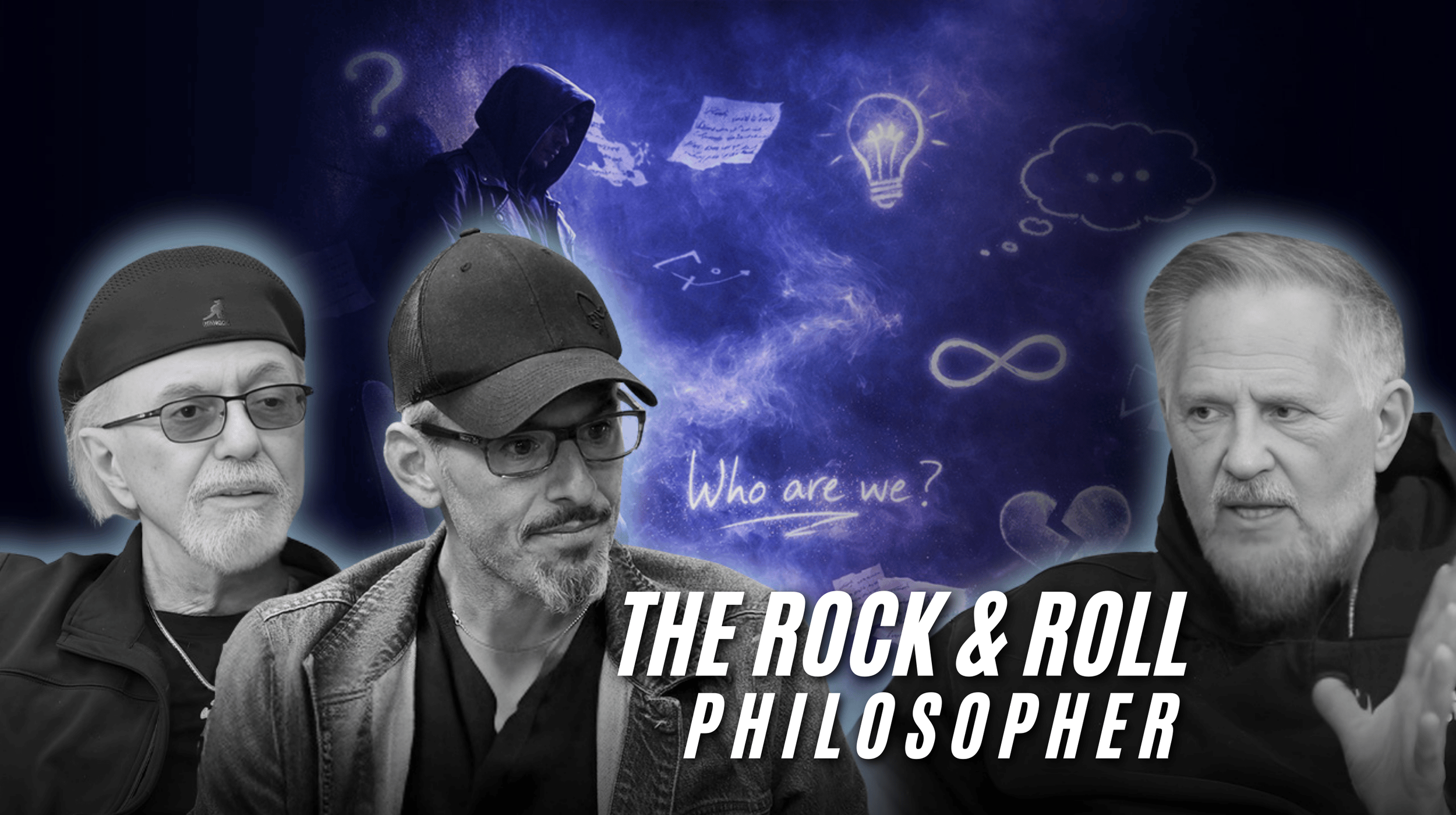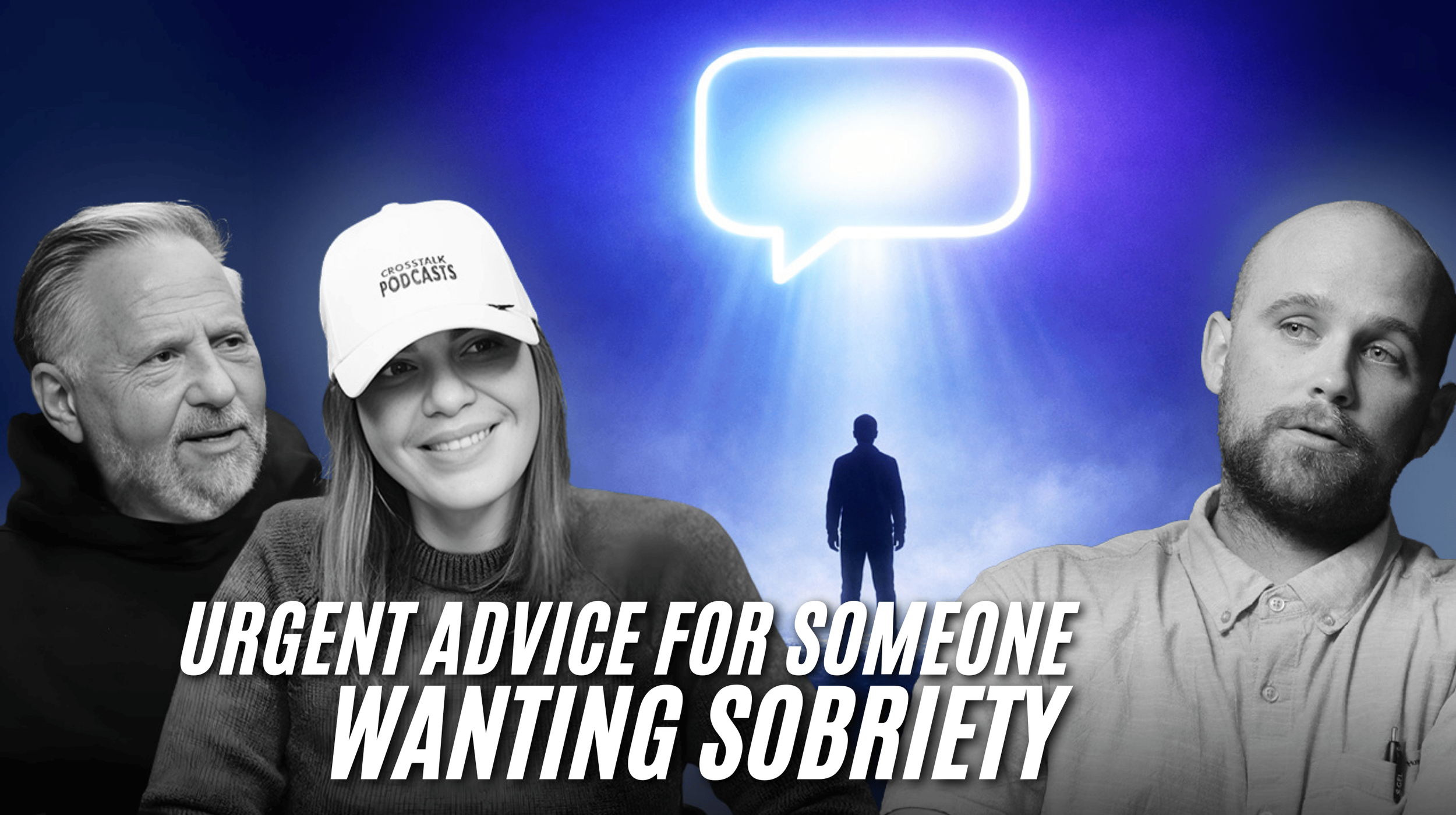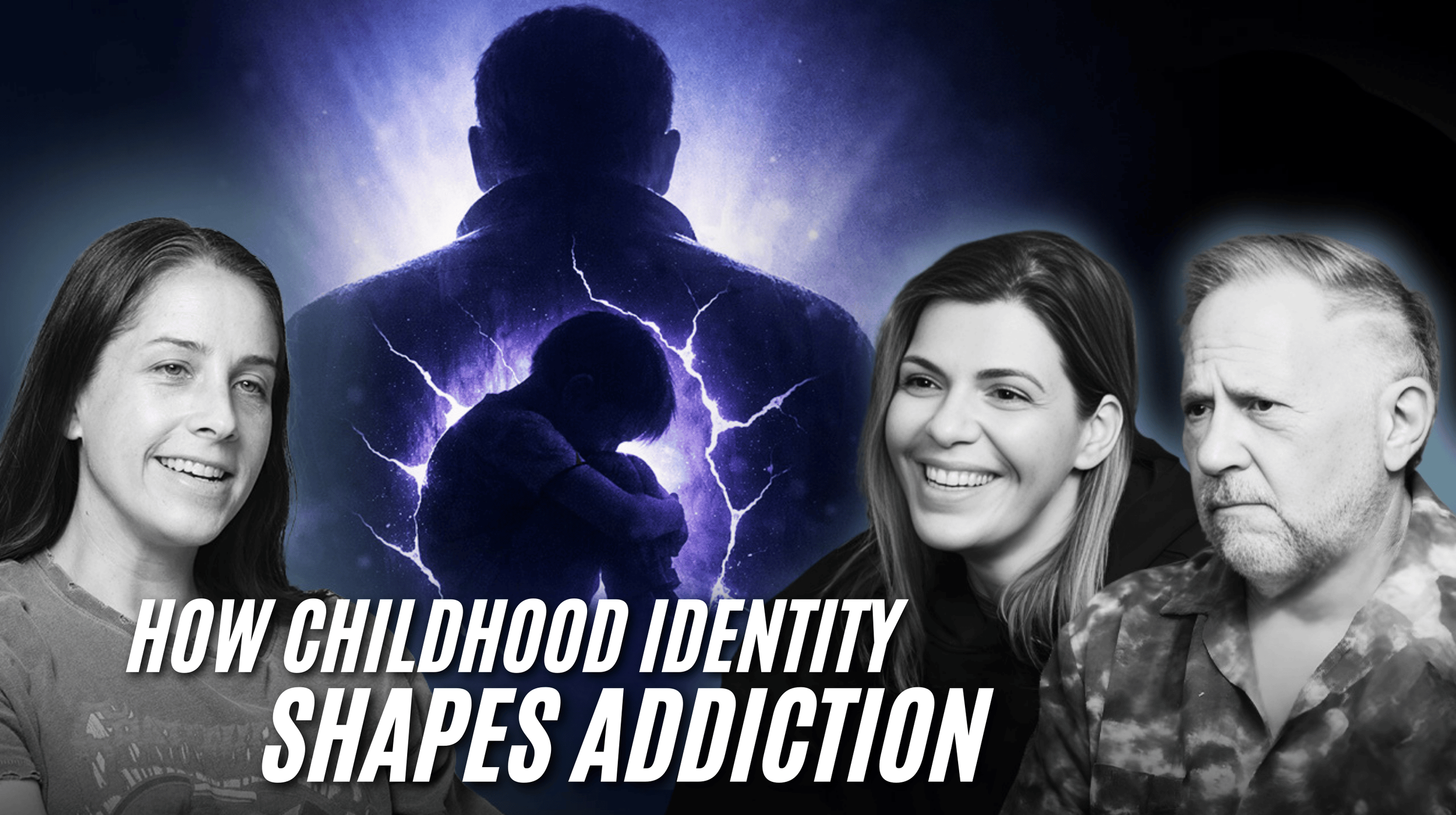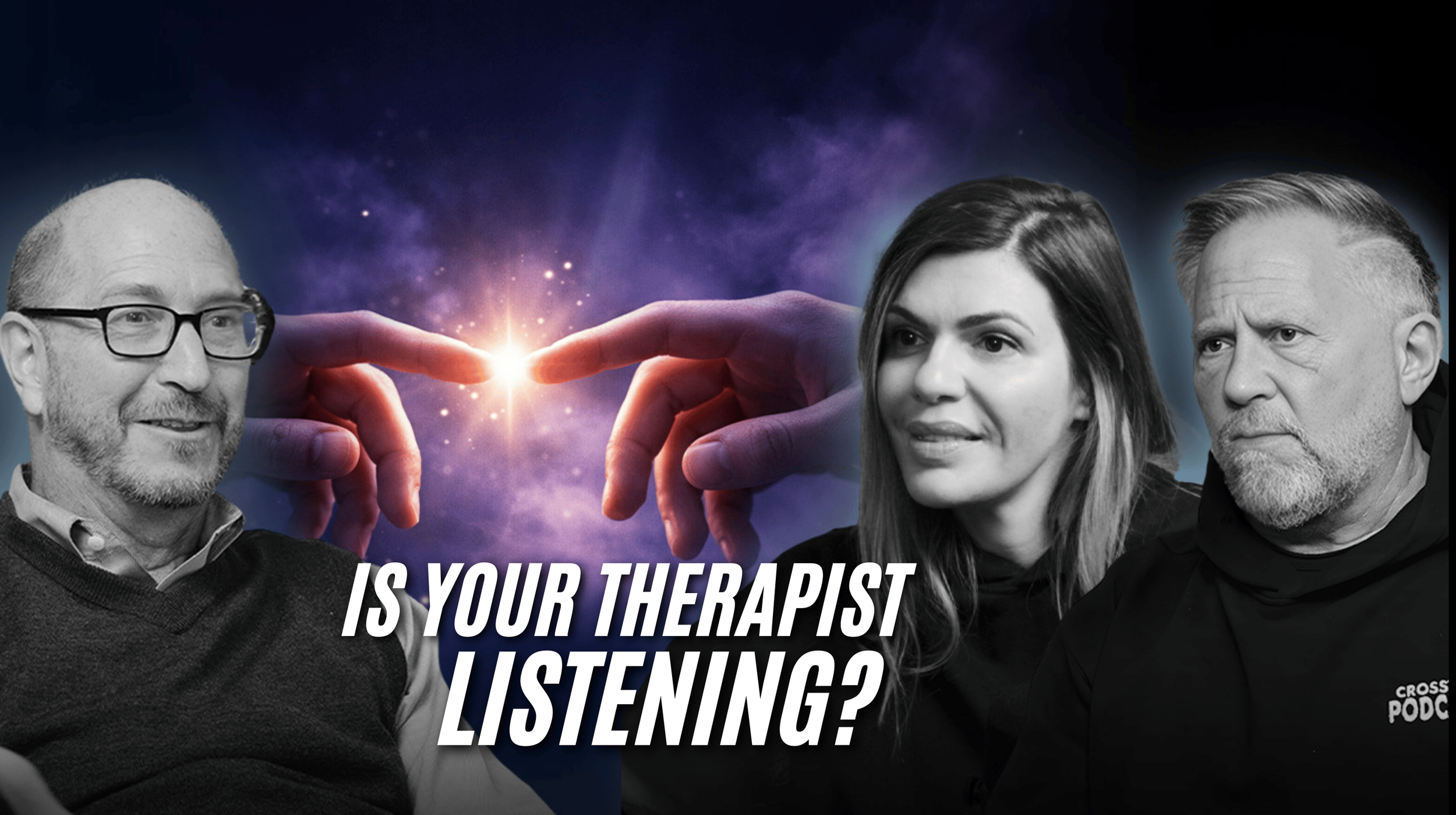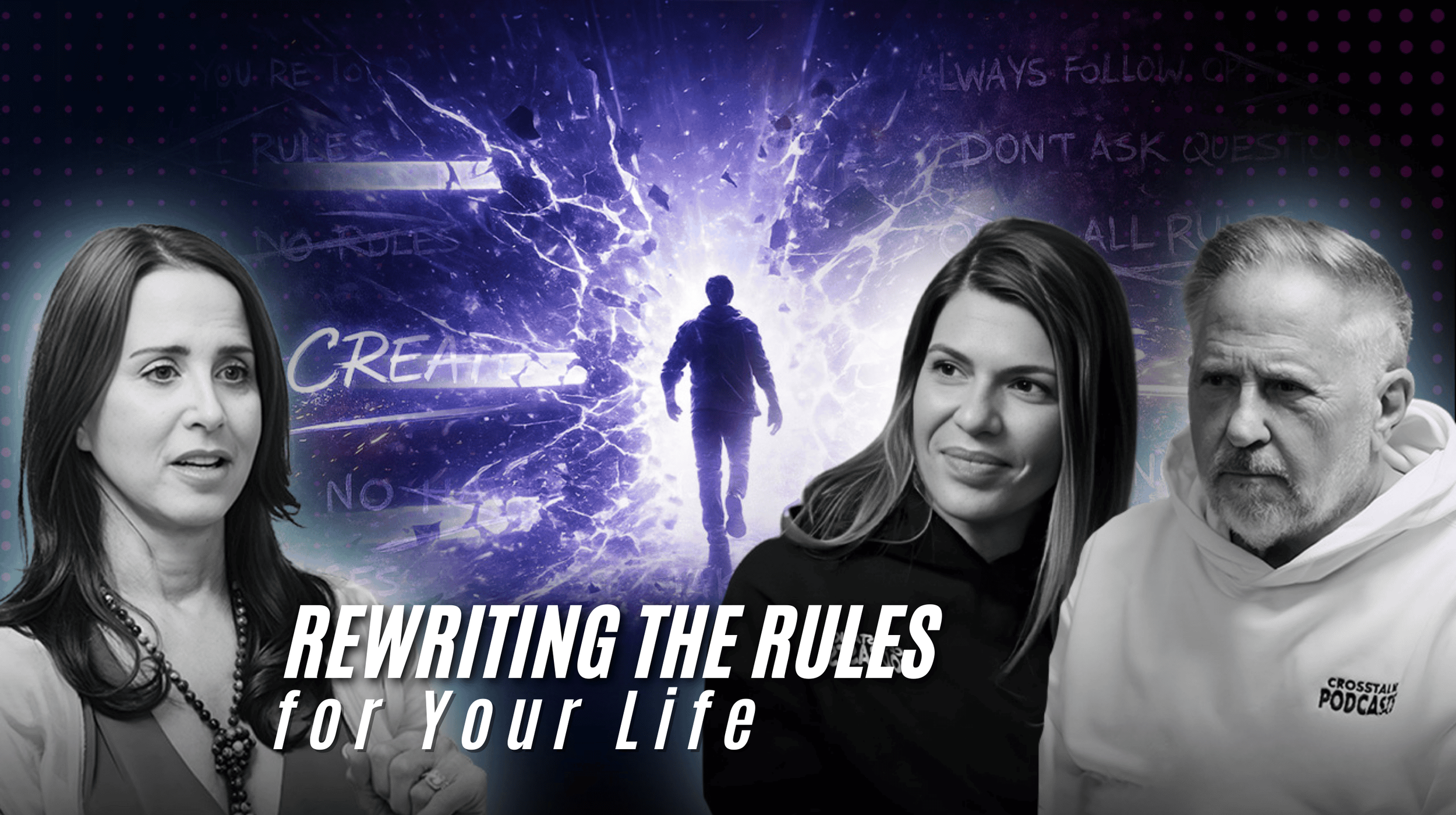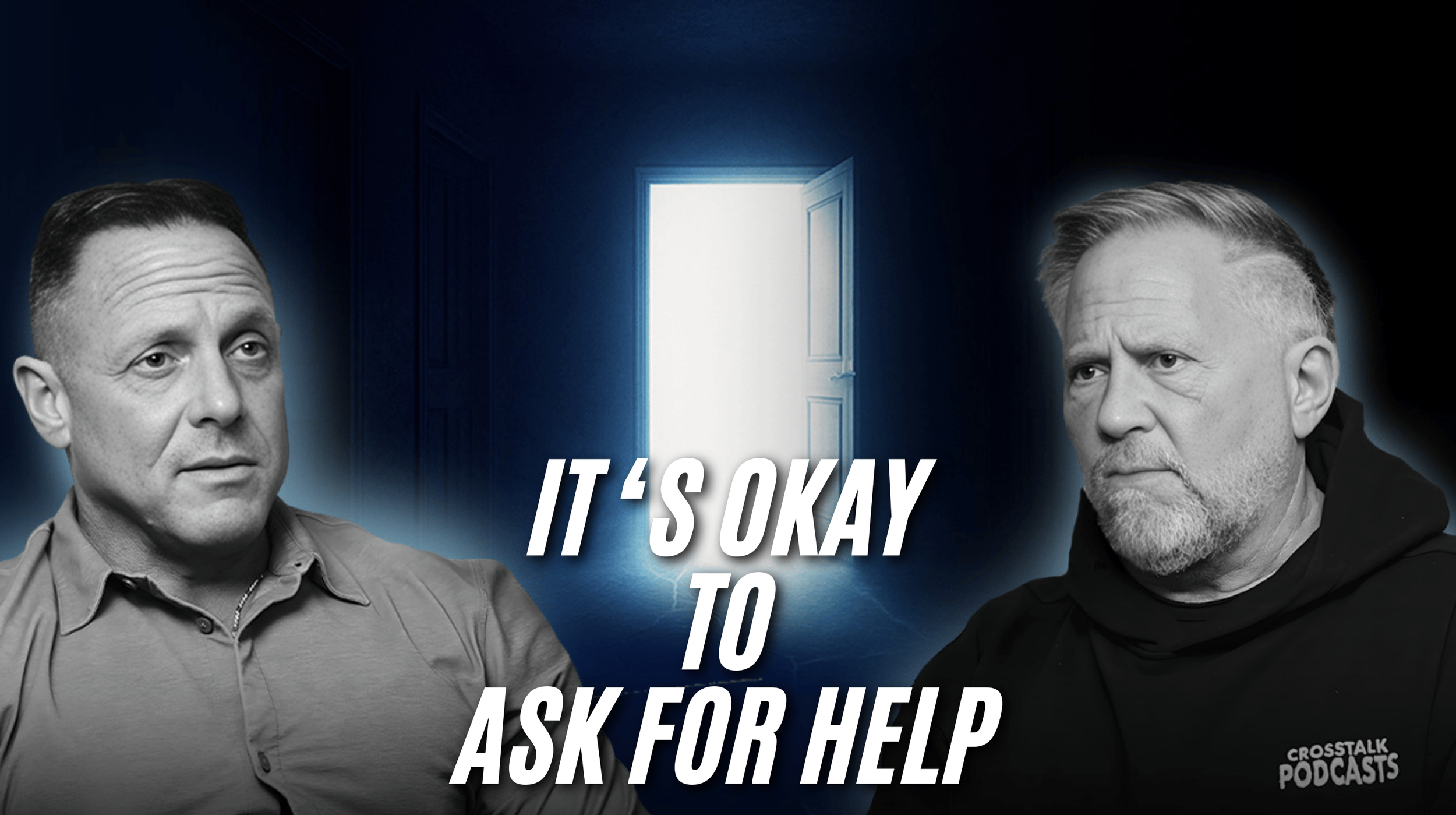From Crack to Counseling | A Journey of Addiction and 28 Years of Sobriety
Listen or watch on your favorite platforms
Show Notes
Dr. Barry Ryman shares his powerful story of addiction and recovery in this episode of Crosstalk Podcasts. From growing up in South Florida to battling crack cocaine addiction and eventually turning his life around, Barry’s journey is an inspirational reminder that recovery is possible for anyone. He now helps others through his work at Recovery Unplugged and his personal dedication to supporting those in need of treatment. Tune in to hear how Barry’s life has transformed and what his journey can teach us all.
Growing Up
Dr. Barry Ryman, born and raised in South Florida, came from a seemingly stable family. His parents, now in their late 70s and 80s, have been married for over 50 years, creating a sense of security for their children. However, Barry’s upbringing wasn’t without challenges. His father, who was emotionally distant, came from Argentina with a difficult upbringing, while his mother, a codependent and overbearing Jewish woman from Brooklyn, balanced the home. Despite coming from a good family, Barry always felt different, often rebelling against expectations.
First Time Engaging in Behavioral Addiction
Barry’s first encounter with drugs occurred at age 12 or 13 when he began smoking weed with his skateboarding friends. This marked the start of a pattern of seeking out escape and rebellion. As he grew older, his experimentation with substances escalated. By the time he attended the University of Florida at 17, he found himself smoking crack in dangerous areas and trafficking cocaine. These early experiences showed signs of addiction, though Barry hadn’t yet realized the destructive path he was on.
Active Addiction
During his years of active addiction, Barry’s life spiraled out of control. He was selling drugs to support his habit, using rent money to buy crack, and placing himself in dangerous situations. His relationships deteriorated, and he alienated his friends and family. His behavior included lying, stealing, and substance abuse, leading to significant emotional and physical decline. Barry found himself living a double life, dealing drugs, and sinking deeper into addiction, all while failing his courses and losing control.
Hitting Bottom
Barry’s lowest point came when his family intervened after years of his dangerous behavior. His family and friends held multiple interventions, including a final intervention at his psychologist's office. They staged it with his parents, leaving Barry no choice but to accept help or face disownment. At this point, Barry weighed only 140 pounds despite his 6'3" frame. He was physically and mentally broken, and the interventions helped him realize he could no longer continue down this destructive path.
Getting Help
Barry entered detox on June 19, 1996. Though initially resistant, he decided to give recovery 90 days, and after that, evaluate whether life had improved. Through attending NA meetings, working for his father, and adopting structure and discipline, Barry began to see positive changes. He discovered the power of community and found that sobriety wasn’t just about abstaining from drugs but also about personal growth. He stuck with his recovery and, over time, became deeply involved in helping others through addiction treatment.
What Things Look Life Today
Today, Barry is a partner at a successful treatment center, Recovery Unplugged, which uses music as a tool for recovery. He sponsors others, continues to attend meetings, and helps people through the treatment programs he developed. His life is filled with meaningful work, a strong support system, and a blended family that he cherishes. Barry is living proof that recovery is possible and has dedicated his life to helping others find the same freedom from addiction.
FAQs
What are the signs of addiction? Behavioral changes, withdrawal from social life, and increased substance use are common signs.
Can you fully recover from addiction? Yes, with proper treatment and support, long-term recovery is achievable.
What’s the first step to overcoming addiction? Acknowledging that you need help and reaching out to a support network.
How does addiction affect families? Addiction often leads to strained relationships, mistrust, and emotional pain for families.
Is addiction a choice? No, addiction is a disease, though recovery involves making conscious choices toward healing.
Related episodes
ABOUT CROSSTALK
CROSSTALK reveals real stories of everyday people and notable figures, sharing their journeys from struggles to life-changing 'aha' moments with all kinds .











